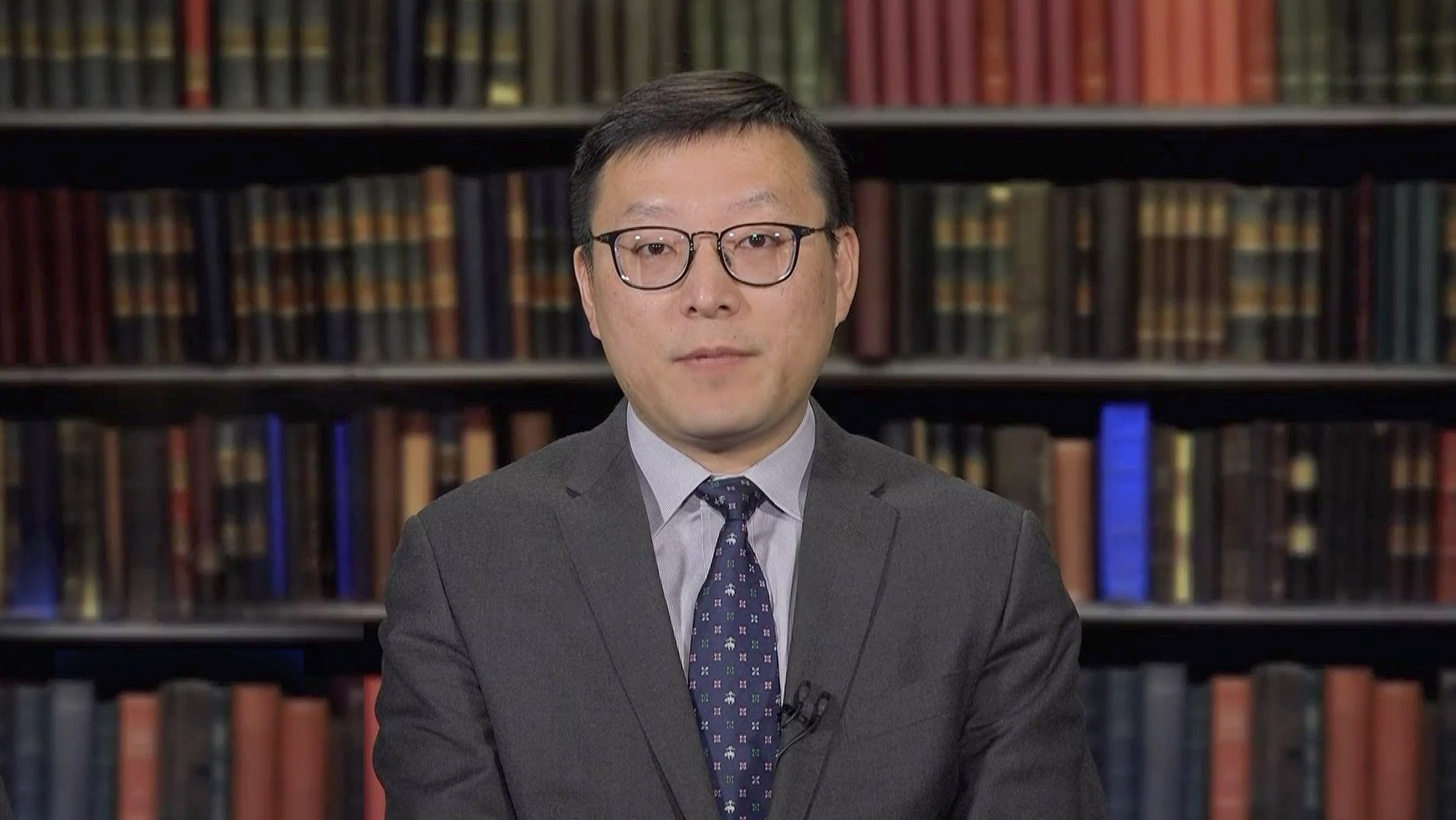00:43

New research based on more than 1000 coronavirus patients in China found that the incubation period for the novel coronavirus pneumonia can be as long as 24 days —10 days longer than what experts previously thought, and less than half of the patients showed fever symptoms when they first saw doctors.
The research was co-authored by Doctor Zhong Nanshan, a leading adviser to the Chinese authorities in tackling the current coronavirus crisis.
CGTN Senior Correspondent Tian Wei asked experts about the difficulties in both scientific research and in responding to the crisis.
When asked why there is no vaccine developed since the SARS epidemic, Jonas Schmidt-Chanasit, professor of arbovirology at the University of Hamburg, said, "Resources are limited. The cases of SARS and MERS are limited... Meanwhile, there are other pathogens that we need to care about, like Ebola and Zika. And that's why we don't have vaccines available for the current novel coronavirus.”
However, he also said scientists can draw on what has been learned from the SARS outbreak 17 years ago and use the experience to develop a vaccine faster and bring it into clinical studies.
02:23

As of Tuesday morning, the total number of confirmed cases in China have surpassed 42,000. The death toll stands at over 1,000, and more than 4,000 people have recovered. Still, numerous people across the country have been affected, and many of them have to self-quarantine at home.
To ramp up the efforts to contain the spread of the virus, China implemented a four-tiered management system in Hubei Province where the epidemic began.
Suspected cases are first tested in the local community health center, confirmed patients with lighter symptoms will be transferred to makeshift hospitals, those with more severe symptoms are sent to the Huoshenshan or Leishenshan hospitals, while the most critical patients will go to specialized top-tier hospitals, said Xi Chen, assistant professor of health policy and economics at Yale School of Public Health and president of the China Health Policy and Management Society.
He said some of the more significant challenges community health centers face is that many of those who have caught the virus are not displaying symptoms, and the tests may not be standardized, which makes it hard to identify the patients.
China has tried to strengthen the capacity of community-level health centers during its healthcare reform in the last decade. However, according to Chen, big hospitals have more resources, and people trust them more, so understaffing at local community health centers is an issue, which increases difficulties in testing people suspected of contracting the virus.
Meanwhile, a major bottleneck has been a shortage of nucleic acid testing kits.
"At this very difficult moment, I would say that they may need to try multiple ways (to speed up testing). For example, I know that CT scans are more appropriate in testing them. But there is a shortage in medical supplies (as well)," Chen said.
World Insight with Tian Wei is an international platform for debate and intelligent discussion. It is the meeting point of both the highly influential and rising voices, facilitated by host Tian Wei. It provides nutrition to form your own thoughts and ideas through a live 45-minute debate and interviews.
Schedule: Monday-Saturday
Time (GMT): 1415, 2015
(If you want to contribute and have specific expertise, please contact us at opinions@cgtn.com.)